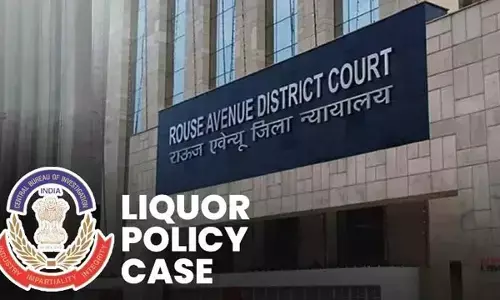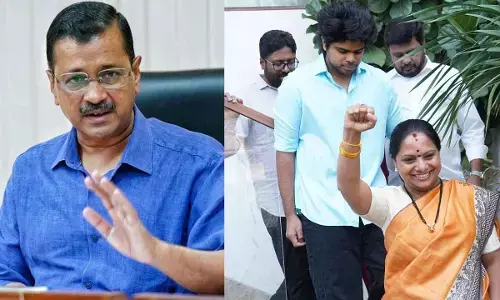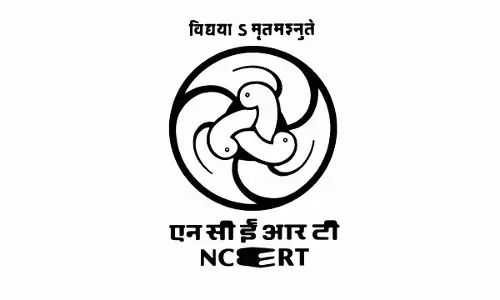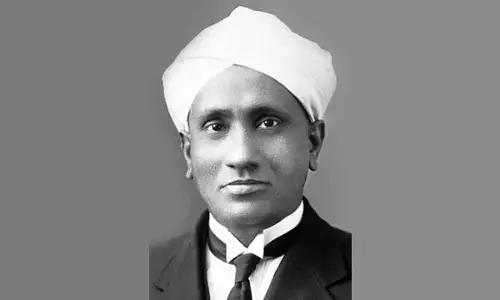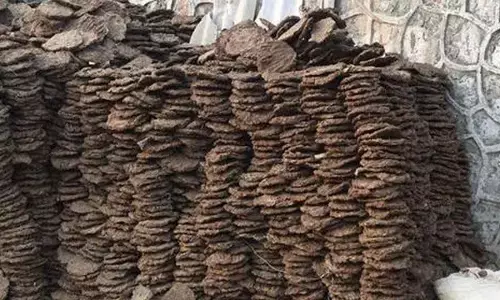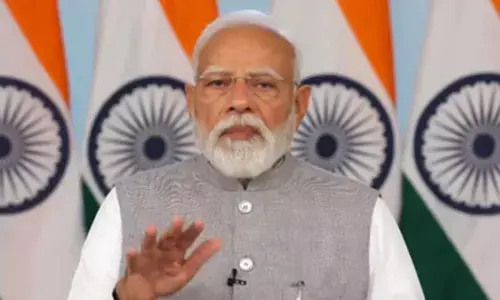'Jury' Is The Panacea For Present Tug Of War!
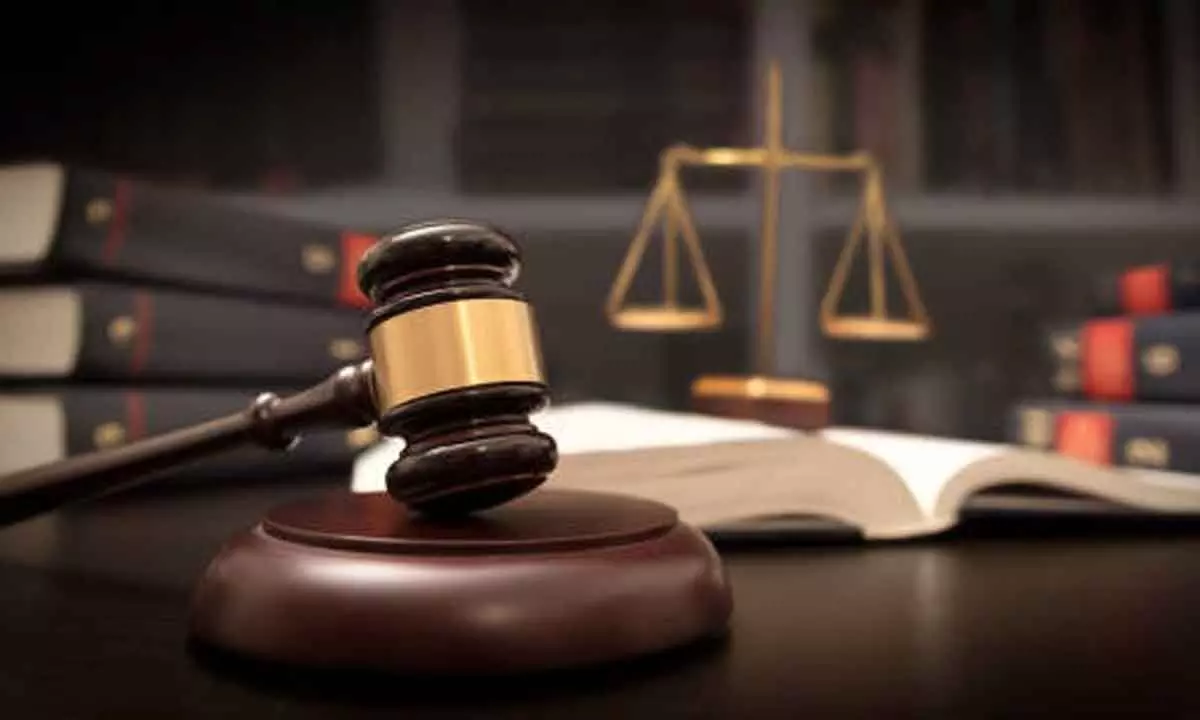
The on-going war of attrition between the Executive and the Judiciary is, indeed, a cause of grave concern.
The on-going war of attrition between the Executive and the Judiciary is, indeed, a cause of grave concern. Both the wings of the Constitution are very important and powerful. When they clash, it is obvious that the impact on the whole society would be great, and if the clash remains unresolved, people at large would suffer extremely, sometimes for decades!
Therefore, it is essential to find the ways and means to resolve such a volatile situation as soon as possible. The extreme stands taken by both the warring parties need to be reconciled in a logical and judicial way. The justice-dispensation mechanism plays a very important role in ensuring the Rule of Law in the society. No one pillar of the Constitution can be given a free hand to dominate over others. If either of these grabs the absolute power, the result will be disastrous!
Indeed, it is true that in a democracy, the people enjoy a place of pride. All provisions of the Constitution are meant to sub-serve the hopes and aspirations of the people. Thus, the people are having the paramount place in the entire scheme of the Constitution. Hence, whenever there is confusion or confrontation about the powers and obligations of the different pillars of the Constitution, it would be appropriate to look at the people, the masters who have made and given to themselves the guidebook called the Constitution.
Seen in this perspective, in the present ticklish scenario, time is now ripe for the people to step in for the reasonable and amicable resolution of the contentious matter as to who will call the shots. As of now, the people have no active role in the entire gamut of governance and dispensation of justice right from the top to the bottom of the administrative hierarchy. Whenever elections are held, they have a right to vote for their preferred candidate; and thereafter wait for the repeat action until next elections.
The same is the case with the judiciary. Under the self-devised, arbitrary and non-transparent collegium system for the appointment of judges for the high courts and the Supreme Court by a few Judges of the Apex court, clearly there is no reflection of the will of the people. Further, the Judges of subordinate courts are appointed by the State governments in consultation with the concerned high court. Thus, the latter are no better than any other government servants.
Now, considering the fact that a lion-share of cases pertain to the governments, to expect delivery of fair justice to a non-government litigant, that is, a private citizen, would be too much. Though on paper, the judges of subordinate courts and tribunals are 'free' from all kinds of interference by a government, the logic defies such thinking. So long as a master-servant relationship exists without any other controls, fair justice would only remain a day dream.
That is why people's participation in the justice delivery system is desirable. In fact, the jury system in which say, 11 to 15 local, non-partisan, meritorious, reputable and persons without any criminal record are chosen by lot for a fixed term, say three years and attached to a local court. They should be entrusted with the task of guiding, monitoring and deciding the punishment of a person in civil or criminal cases or even grant remission or pardon. Each juror should be paid a fair honorarium 'per diem'. This is not a new thing either for India or other democracies. This system with variation has been in vogue since the advent of Greek democracy and has yielded excellent results.
In short, the Jury system, if implemented in the right spirit, could amicably end the present unsavory situation.
5850 JUDGE POSTS VACANT IN LOWER COURTS
The Union Law Minister recently informed the Parliament that as on December 19 there were 5850 vacancies of Judicial Officers in district and subordinate courts across the country. He added that the total sanctioned strength has been 25,042.
He also informed that as against 1,108 sanctioned strength, 775 Judges were working in the high courts, while 28 Judges were working in the Supreme Court against the sanctioned strength of 34.
Delhi HC summons Bear Grylls, others for alleged copyright infringement
Justice Amit Bansal of the Delhi High Court on December 23 issued summons to British adventurer Bear Grylls and others on a suit filed by an Indian writer and producer, Arrmann Shharma claiming copyright infringement by the show, Get Out Alive with Bear Grylls.
The court also issued summons to entertainment company Warner Brothers Discovery, television network National Geography and an Over-The-Top (OTT) platform that aired the show in the case titled, Arrmann Shankar Shharma alias Sameer Shankar Bhattacharya Vs. Bear Grylls and others.
The plaintiff claimed that the defendants had infringed his original copyright work in, 'Aakhri Dum Takk' (Till the last breath). The matter has been referred to the Delhi High Court Mediation Centre and the case is adjourned to February 22, 2023.
GUJARAT DISTRICT COURTS TO GO LIVE
Gujarat will become the first State in the country to live-steam district court proceedings for the public, according to a notification issued by the Registrar General of the Gujarat High Court. According to the notification, Chief Justice Aravind Kumar has approved the Standard Operating Procedure (SOP) and a pilot implementation of the live-streaming is likely to be launched soon.
As per the SOP, the following cases will be excluded from live-streaming
♦ Matrimonial matters, child adoption and child custody including transfer petitions arising thereunder.
♦ Cases concerning sexual offences, including the cases under Section 376 IPC.
♦ Cases concerning gender-based violence against women.
♦ Matters involving POCSO Act and under the Juvenile Justice Act.
♦ Matters registered under the Medical Termination of Pregnancy Act, 1971.
♦ In-camera proceedings under Section 327 Cr.PC or Section 153 B CPC;
♦ Matters where the Bench is of the view that publication would be antiethical to the administration of justice.
♦ Cases, which in the opinion of the Bench, may provoke enmity amongst communities or likely to result in a breach of law and order.
♦ Recording of evidence, including cross-examination.
♦ Privileged communication between the parties and their advocates; and
♦ Any other matter in which a specific direction is issued by the Bench or the Chief Justice.


